Guinea
The most anticipated moment since the opening of the September 2009 massacre trial in Guinea, the appearance of Moussa Dadis Camara, came to a halt on Monday when the court accepted the former dictator's request for a postponement on health grounds.
The moment of the appearance arrived late morning when President Ibrahima Sory Tounkara said: "Mr Moussa Dadis Camara, come to the bar, please.
Less than 12 minutes later, the same president pronounced the postponement of the case to December 12, 2022, with these words: "You have one week Mr Camara, the hearing is adjourned.
In the meantime, the 57-year-old former autocrat, who used to make those who suffered his wrath tremble, obsequiously pleaded for the adjournment, citing his health.
"With all due respect to your august court - I have already informed the director of the prison guard, the chief medical officer of the prison guard - for a very long time I have been suffering," said Captain Camara after taking the stand with an unsteady gait and in civilian clothes, he who never took off his uniform.
"I am not above the law," he said, "but in all sincerity, I don't feel at the moment that I am in a state to testify.
The main defendant in this historic trial vaguely referred to "malaria I had, a total weakening", and suggested that he preferred not to elaborate.
"The court cannot force you to say or do what you do not want to do (...) If you say you cannot (testify), the court will follow you," the president said before announcing the adjournment.
Captain Camara has been on trial since September 28, 2022, along with a dozen former military and government officials, for the massacre that took place 13 years earlier to the day.
Captain Camara, who came to power in a coup nine months earlier, was president on the day and on the following days when the red berets of his guard, soldiers, police and militia killed dozens of people in and around a stadium in Conakry who had gathered to dissuade him from running for president in January 2010. Dozens of women were raped, individuals were kidnapped and tortured, and many bodies were disposed of.
He was exiled to Burkina Faso a few months after the massacre and was imprisoned after returning for the trial.



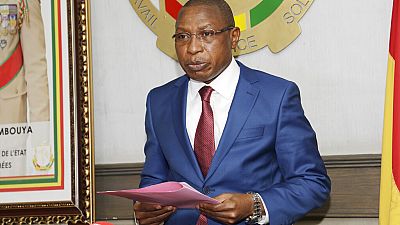

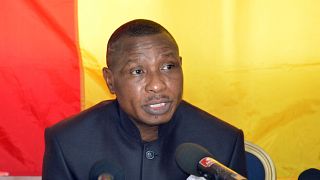
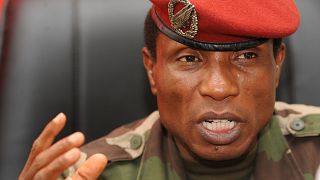
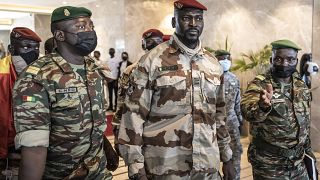
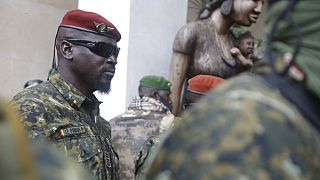
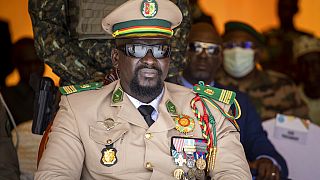
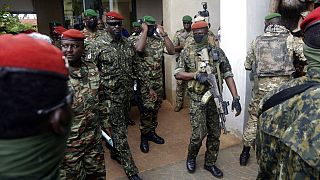
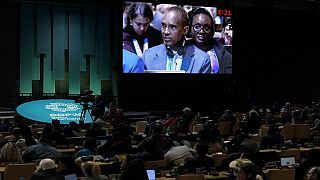
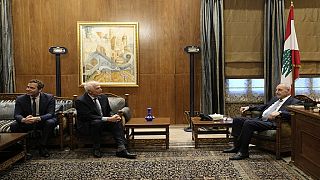

01:01
Trial set to begin for six accused in Paul Pogba blackmail case
01:49
Analyst says ICC arrest warrants unlikely to end Gaza war
01:45
Detainees released in Burundi as part of effort to reduce overcrowding in prisons
Go to video
Ghana's Supreme Court restores NPP's Parliamentary majority ahead of December election
01:02
Imane Khelif files legal complaint over reports alleging she has XY chromosomes
01:14
Nigerian children could face death penalty for taking part in protests